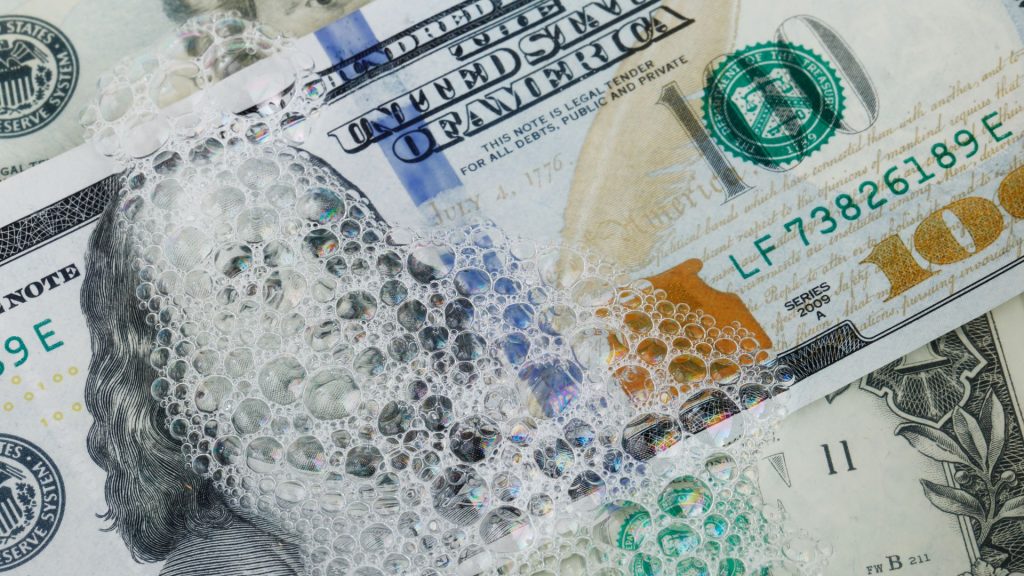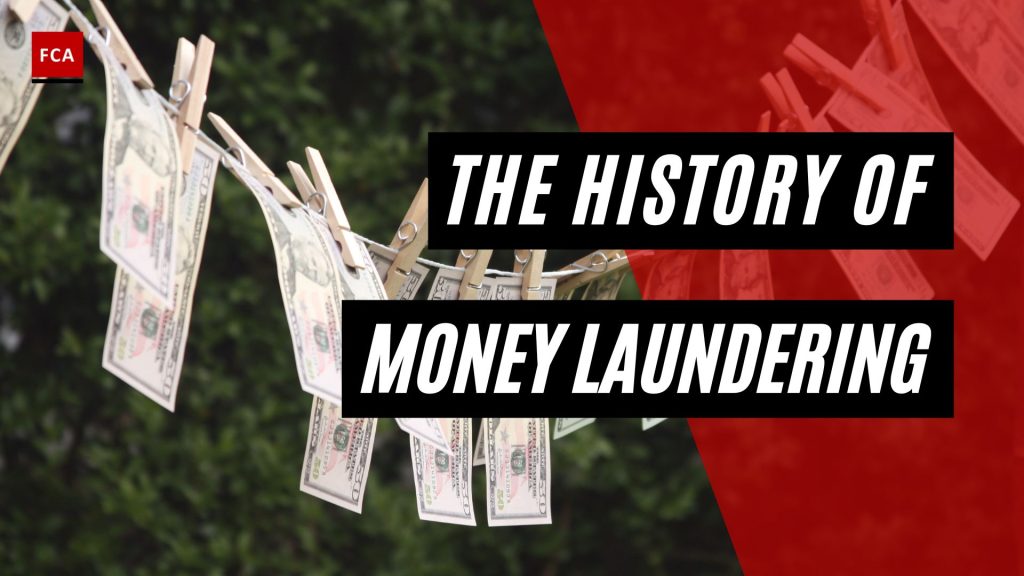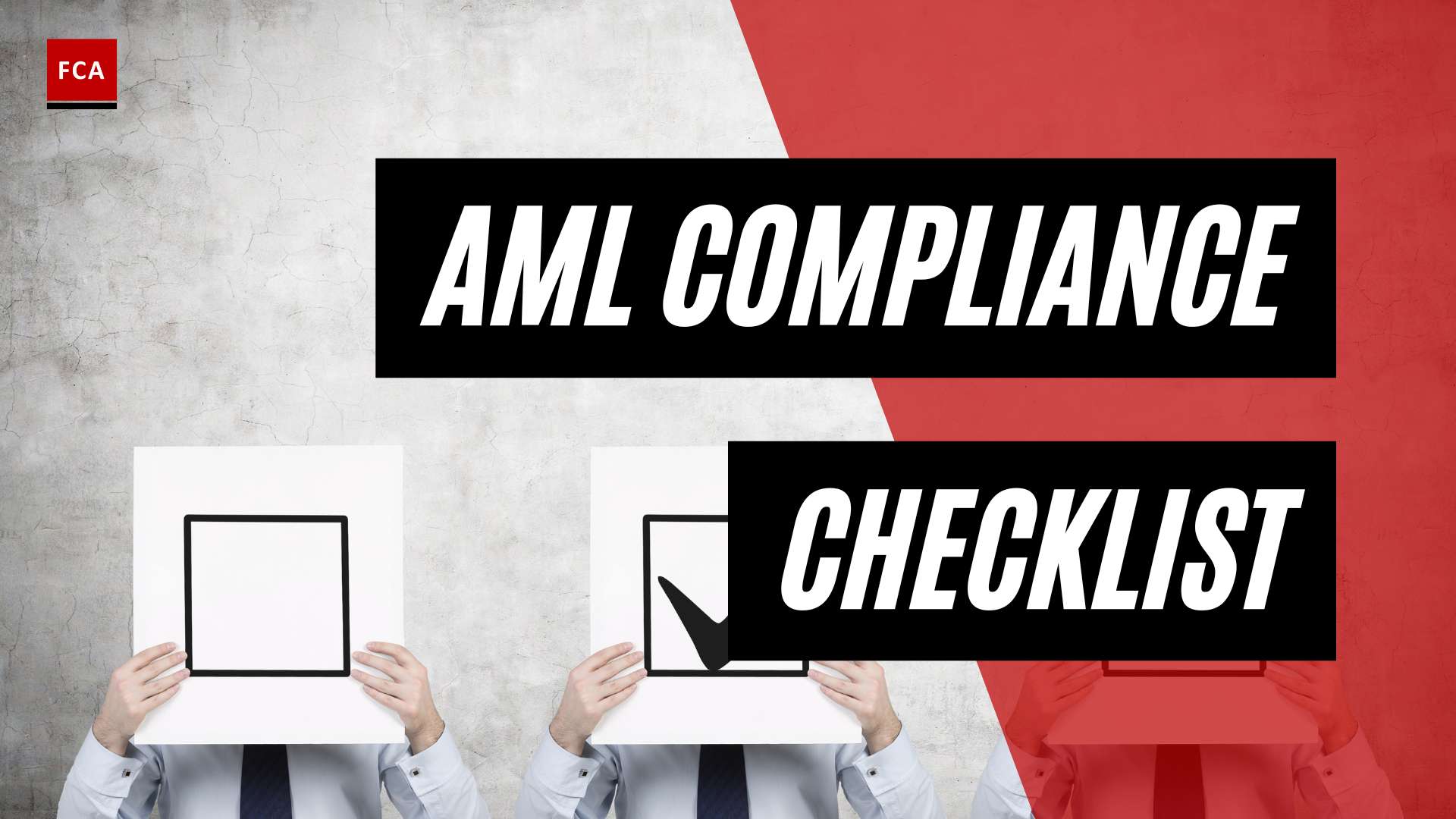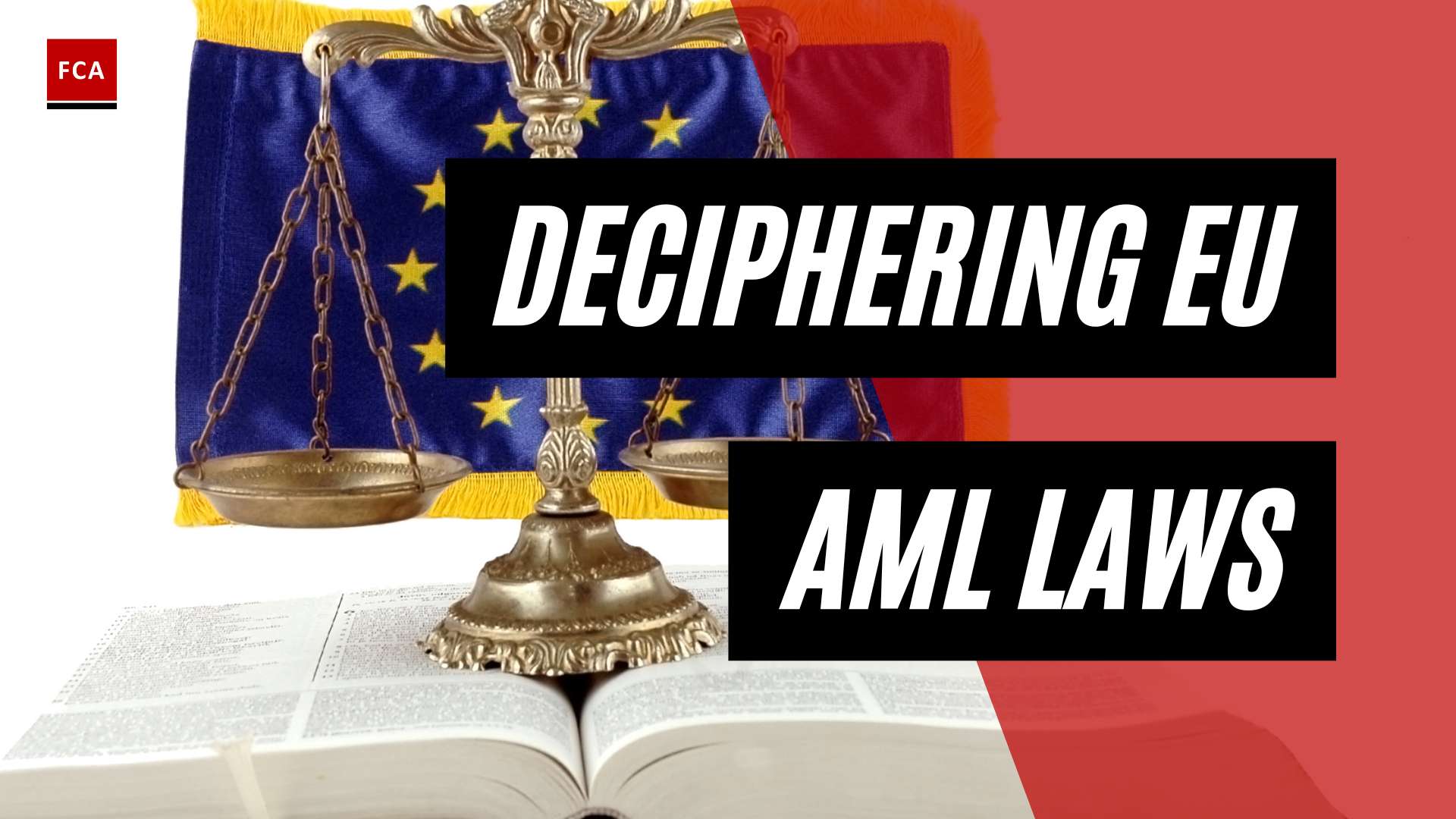The history of money laundering itself is probably as old as conducting crimes themselves. According to the historian Sterling Seagrave, more than 2000 years ago, the wealthy Chinese merchants laundered their profits because the regional governments banned many forms of commercial trading.

The History Of Money Laundering
Seagrave writes that the government considers merchant activities with a great amount of suspicion as they were considered to be ruthless, greedy and they follow different rules. Besides this a considerable amount of the income of merchants came from black marketing, extortion, and bribe. The merchants who remained invisible were able to keep their wealth safe from the continuous extortion by bureaucrats.
So they used techniques like converting money into readily movable assets and moving the cash out of the jurisdiction in order to invest the money in the business. This technique is still used by many money launderers and we will explore certain aspects later on
Al Capone And The U.S. Prohibition
The more modern legend of the history of money laundering emerged is commonly attributed to the time of Prohibition in the United States during the 1930s. The Prohibition in the United States was a nationwide constitutional ban on the production, importation, transportation, and sale of alcoholic beverages from 1920 to 1933.
In that time, the organized criminals in the United States got greatly involved in the profitable alcohol smuggling industry and for legalizing their profits they started combining their profits with the profits from legislative business.
One of the ways in which they were able to do this was by purchasing outwardly legitimate businesses and to mix their illicit earnings with the legitimate earnings they received from these businesses. Actual laundromats were chosen by these gangsters because they were cash businesses and this was an undoubted advantage to people like Al Capone who purchased and made great use of them. Al Capone, however, was prosecuted and convicted in October 1931 for tax evasion, and not for other crimes he has conducted.

Final Thoughts
According to Robinson, money laundering is rather called what it is because that perfectly describes what takes place – illegal, or dirty, money is put through a cycle of transactions, or washed, so that it comes out the other end as legal, or clean, money. In other words, the source of illegally obtained funds is obscured through a succession of transfers and deals in order that those same funds can eventually be made to appear as legitimate income. It turns out that the actual term money laundering was first used in 1973 in relation to the Watergate scandal.








